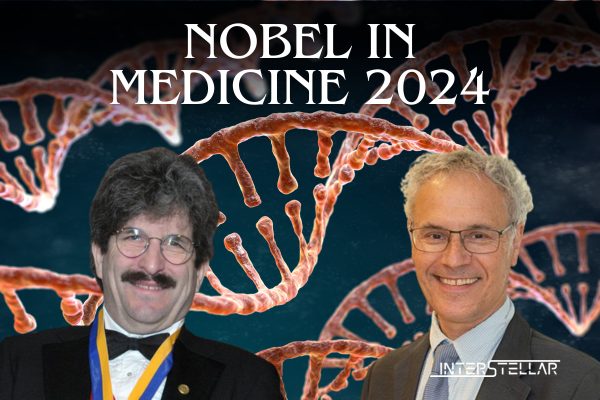U.S. Scientists Win 2024 Nobel Prize in Medicine for microRNA Discovery
American scientists Victor Ambros and Gary Ruvkun won the 2024 Nobel Prize in Medicine for discovering microRNA and its role in regulating gene expression. Their research revealed how cells with identical genetic codes develop into specialized types, such as muscle and nerve cells.
Understanding Cell Specialization
Ambros and Ruvkun showed that tiny RNA molecules, called microRNAs, function as a communication network within cells, controlling gene expression. Their findings explain how different cell types can form and operate uniquely in the same organism.
The Nobel Assembly emphasized that this research “uncovered a completely new principle of gene regulation essential for the development and function of multicellular organisms, including humans.”
During an interview with Reuters, Ambros described microRNAs as a “communication network that enables cells to create a variety of complex structures and functions.”
A Longstanding Collaboration
Victor Ambros and Gary Ruvkun have collaborated extensively, sharing a friendship and research partnership that spans decades. Ruvkun humorously remarked that their work felt like being “joined at the hip.” Ambros expressed his joy in receiving the award with a “great friend.”
Their research began in the late 1980s at Robert Horvitz’s lab, where they studied microRNAs in the development of a small roundworm species. Although initially considered specific to that species, further studies by Ruvkun’s group in 2000 proved that microRNA mechanisms exist in all animal life and have been present for over 500 million years.
MicroRNA: A Key to Life’s Building Blocks
MicroRNAs regulate how messenger RNA (mRNA) translates into proteins—the essential building blocks of life. Last year’s Nobel Prize in Medicine honored mRNA’s role in developing COVID-19 vaccines. This year’s award recognizes the basic research that has far-reaching implications.
Professor Gunilla Karlsson Hedestam of the Karolinska Institute described the 2024 prize as “a leap in basic understanding” that opens new research possibilities. Janosch Heller, a researcher at Dublin City University, noted that this work significantly advances knowledge about complex diseases like epilepsy.
Nobel Prize Tradition and History
The Nobel Prize in Physiology or Medicine, awarded annually by the Nobel Assembly of Sweden’s Karolinska Institute, recognizes contributions to science, literature, and humanitarian efforts. Winners receive 11 million Swedish crowns ($1.1 million).
Since 1901, the award has honored influential researchers like Ivan Pavlov for his work on behavior and Alexander Fleming for discovering penicillin. Last year, Katalin Kariko and Drew Weissman were recognized for their mRNA technology, which was vital in developing COVID-19 vaccines.
This year’s award marks the start of the Nobel Prize season. Winners in other categories will be announced over the coming days. Laureates will receive their awards on December 10, the anniversary of Alfred Nobel’s death, followed by a celebratory banquet at Stockholm City Hall.





